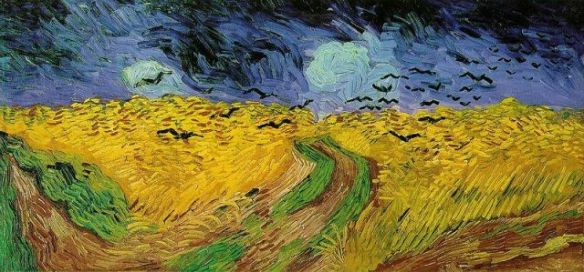I recently gave a talk about social networking. It was at the public library where I work. We offered a free information session to the locals residents. The presentation was to inform people in the community about the social networking trend. The intended audience were those people who don’t know what it is all about, and are curious to know more.
We advertised the event well through local media. There was interest prior to the event. I had prepared a worthwhile presentation and had practice runs with library staff and family. I had a back-up plan in case of IT glitches. I knew the material. I had no bullet points and had put together a relevant and interesting presentation I thought.
I began with a video The Machine is Us/Using us by Professor Michael Wesch. I had asked for his permission trying to honour copyright and do the “right” thing. I explained the difference between Web 1.0 (the static web) and Web 2.0 (the interactive web). I gave a quick glimpse of the huge number of Web 2.0 websites online then went on to talk about the more popular ones: Facebook, Twitter, Wikipedia, Flickr, YouTube, LibraryThing, and blogging with RSS.
Of course, like any self-respecting librarian, I spoke about security, privacy, copyright, and phishing scams.
I finished my talk with a story about Gary Vaynerchuck and how he has mastered the online social networking tools making them work for him in his work as a wine merchant and now an author of Crush It and perhaps a motivational speaker. This description highlighted how the social networking tools work together: we switch seamlessly from one to the other.
So what went wrong? I had only two people in the audience. Two older people seemingly from the same demographic, but one was knowledgeable and a skilled user of these technologies while the other was still reluctant to dive in. They appeared to be interested and focused during my talk. We had a discussion afterwards that was positive and engaging.
It was a cold rainy evening. It is tuna fishing season. This community seems to be active, involved, and maybe busy enough. Maybe they all know about social networking already and don’t need to hear anything else. Somehow we missed the mark with this. This community here is very much oriented to the outdoors. Maybe that is the reason. They don’t need to go online to network socially because the life here is so present in the real world – something I value and appreciate immensely.
I must confess that I am over Facebook myself. This medium manages to have an unsettling ability to make me feel disconnected. It is not authentic. It robs me of the ability to use my bull-shit detectors to capacity. Something feels not quite right to me. Comments are misinterpreted. Harsh judgements are made by total strangers. It is unkind and shallow. We miss out on the essential communication messages read from body language, tone of voice, eye contact, and more. Our written messages lack these. Most of us lack the mastery that the wordsmiths have in illustrating our points with precision and correct grammar. Personally I feel that unless I actually know the person who I am communicating with, then any attempt at “connecting” is a pathetic waste of time; and reeks of desperation. I don’t need it. My life is full enough without this added emotional discord.
I like reading the blogs people write because the longer discourse allows a far better insight into the person and their ideas. And I can pick and choose the ones that are of real interest to me. It is an expansive learning experience, by contrast to Facebook that has a reductionist and limiting social experience. In my talk I tried to explain the benefit of using an RSS reader like Google Reader as the convenient place to gather the blogs that you like to read – but this may have gone over their heads. Not everyone understands the powerful element of this aspect of the Web 2.0 world. And I guess not everyone is interested.
I don’t mind admitting my apparent failure here. I don’t pretend to be a motivational speaker and nor do I aspire to be one. I also feel no need to hide behind a mask of pretence by not confessing the reality of the situation. I am confident that the material was sound and my message clear. I think the audience is there but I can’t begin to guess why they stayed away in droves. I don’t take it personally. It remains a mystery.


